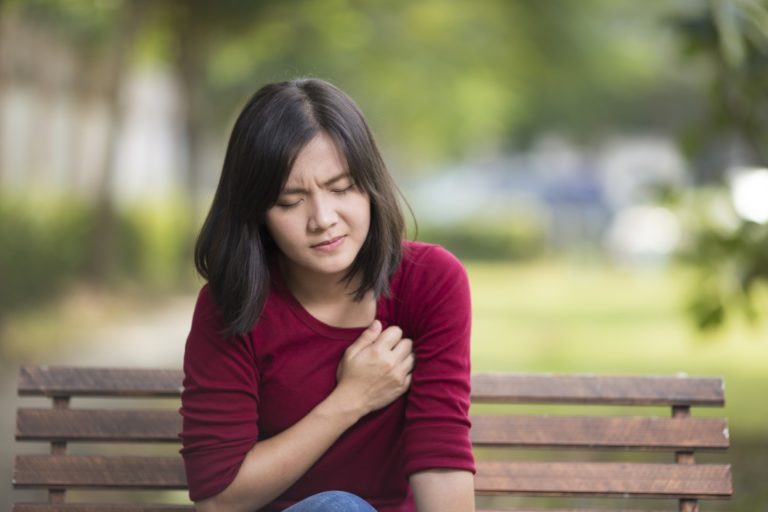Before the pandemic, we weren’t usually concerned about our health while traveling. We’ve always assumed that the worst we could get is food poisoning, but efficient international hospitals are within reach, anyway, so why bother with thorough health checks and the like?
Unfortunately, food poisoning and an upset stomach aren’t the only illnesses we can catch abroad. There’s COVID-19, of course, but other than that, we could get an awful hangover, high-blood pressure, dehydration, and other conditions that will ruin the fun.
Hence, instead of taking our health for granted, let’s do our homework before flying, and find out what could make us sick and how we’ll manage:
Top Possible Causes of Sickness Abroad
1. Tap Water
Most tap waters are safe to drink, but that is if you’re a local. The bacteria found in tap waters all over the world vary, so if you’re a foreigner, the tap water in the country you’re traveling in may not sit well in your stomach.
Be careful with the ice cubes, too. Most of those are made from tap water. So unless you’re sure that the ice cubes in your drink are from bottled or filtered water, then skip them.
You can also get sick if the food you ate was washed with tap water. As such, it would be safe to skip salads and other dishes that are served raw.
2. Seat Pockets
Have you heard about tray tables in airplanes being dirtier than toilets? Aside from that, the seat belts, air controls, and pockets are swarming with colonies of germs. You can be vulnerable to the germs in the pockets, mainly since you might be using it to store your belongings.
To protect yourself, don’t be ashamed to wipe all surfaces of the plane’s seat with a disinfectant wipe. The practice is pretty much the new normal, anyway, and you might even be the odd one out if you skip the cleaning.
3. Unclean or Unwrapped Glasses in Hotel Rooms
The glasses sitting on top of the coffee counter in your hotel room may look spotless, but don’t be fooled. In some hotels, the staff sprays a cleaning agent on those glasses, then wipe them with a dirty rag. Considering that, wash those glasses first with hot water before enjoying a drink.
4. Not Hydrating
Many of us probably limit our water intake to avoid frequent bathroom stops, but the convenience isn’t worth the potential cost. Caffeine and alcohol don’t count as hydrating beverages, so go easy on those and consume more water, instead.
But if drinking coffee helps you function better every day, keep the habit, because withdrawal symptoms can be extreme and last for days.
What To Do When You Get Sick

The easiest and most important thing to do to help your body recover is staying hydrated. Avoid alcohol, as it would suppress your immune system.
When you start to feel symptoms, get rest immediately. Overexertion will aggravate the symptoms and speed up the progress of the disease. Stay in your hotel room and sleep. You can also relax in a hot bath, drink hot tea, and entertain yourself through movie rentals.
If you’re not feeling any better after snuggling in bed, call the hotel’s doctor. You may also enlist the concierge to help with your medical needs, such as booking an appointment with the doctor, buying medicines, and keeping you hydrated.
Avoid raw food and dairy, and stick to bland foods, instead, like rice, pasta, and broth. They may be less savory, but giving your body what it needs will help it recover faster, allowing you to enjoy local delicacies again soon.
Dealing with illness abroad is a handful, so boost your immune system beforehand by exercising, taking vitamins, probiotics, and researching about the food that may be bad for you.












